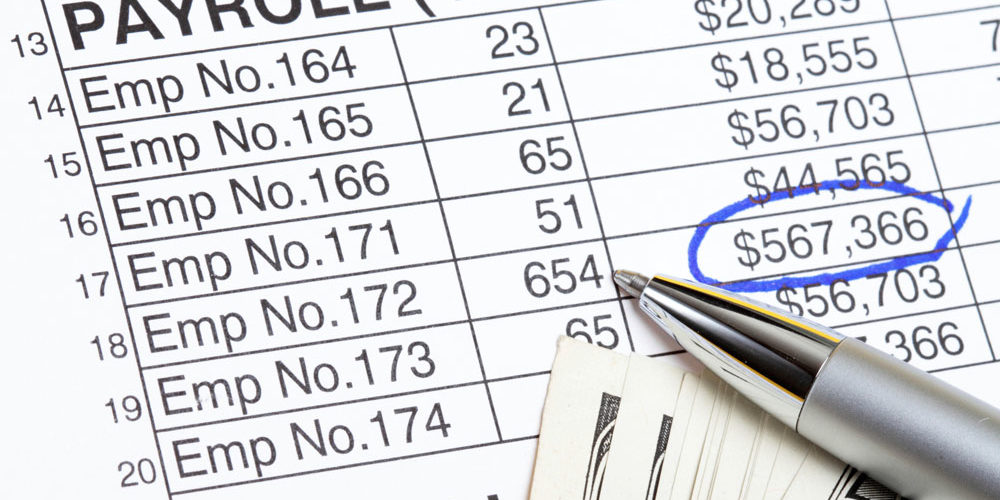As the owner of your business whether it is big or small, you are ultimately responsible for everything regarding the business you started. That makes you totally accountable for compliance with all of the rules, regulations, and laws of the land. This includes things that you may not even be aware of, but that doesn’t absolve you of the responsibility.
Payroll is one of the biggest liabilities that any business and business owner is responsible for and the regulations are constantly changing. This makes staying in compliance both a necessity and also difficult at the same time. Staying on top of all of the latest rules and regulations is the best way to avoid running into issues regarding Payroll Taxes.
This article was designed to bring some of the major things regarding Payroll Taxes that will help you as a business owner avoid any issues with the IRS.
3 Important Things to Consider When Preparing Payroll Taxes for the Business
What Federal Taxes all businesses are required to file?
As an employer of one or more people you are responsible for withholding and reporting to the IRS the following taxes from all of your employee’s; Federal Withholding Tax, Social Security, and Medicare. This, however, does not apply to any independent contractors that are working at your business, these individuals are personally responsible for reporting their income and paying their own taxes to the US Government (IRS).
The amount of taxes to be withheld from each eligible employee depends on the number of dependents that they list on the W-4 form that they filled out at the time of their employment began. The Social Security and Medicare taxes are withheld together and called FICA Tax. You as an employer withhold the required amount from your employee and you pay a matching amount to the IRS.
Other Additional Tax Obligations
There are several other taxes that you are required to pay that are based on the payroll but they are not withheld from any of your employees. One of them is called Federal Unemployment Tax and this is totally your responsibility. You may also be responsible for paying a State Unemployment Tax depending on the state that your business is located.
You will be responsible for collecting any state and or local government taxes imposed by the state and reporting that to the respective government entity. It is totally your responsibility to ensure that you are fully in compliance with all rules and regulation governing taxes.
Stay up on All Tax Law Changes
Since you as the owner of the business are fully responsible and accountable for all of your employees that you have at your place of business, you need to be sure that you are always up to date on all of the latest changes to the tax laws in your state and the Federal Tax laws that apply to all US companies.
Conclusion
Tax laws can be quite complicated and it would be wise to seek advice or secure the console of a qualified tax advisor. Having someone or an organization that knows the tax laws inside and out who you can turn to when you have questions can help to keep you from making serious mistakes that can really hurt you and your business.


